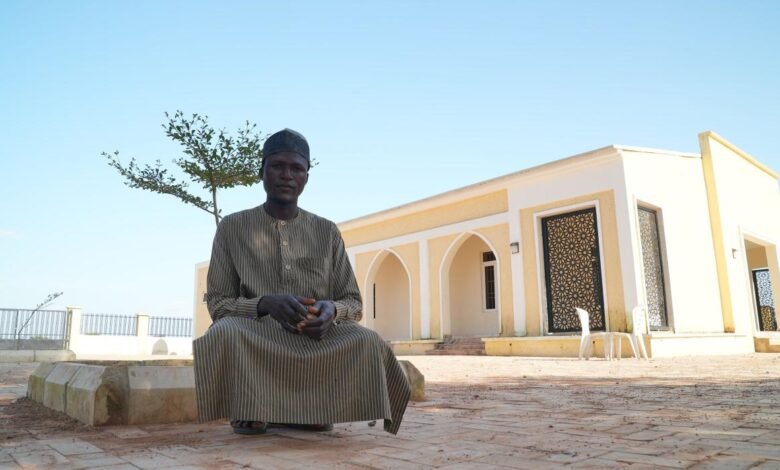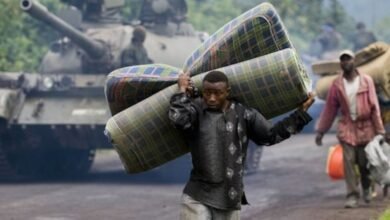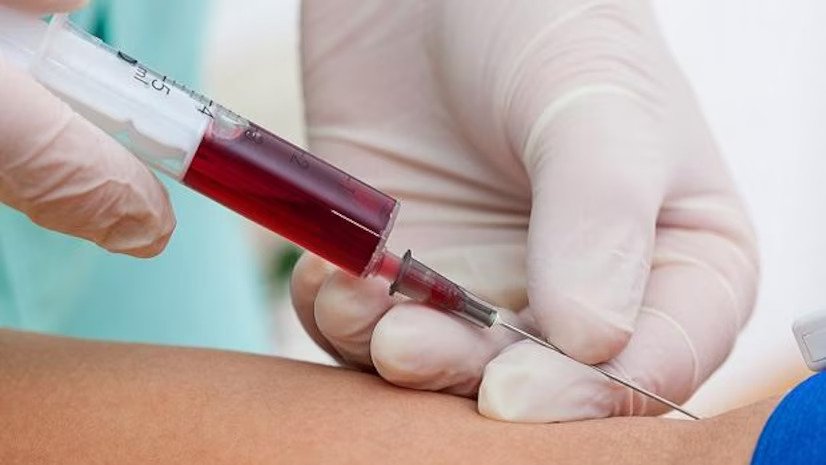The Tragedy of an Accidental Drone Strike: A Father’s Grief and the Aftermath of the Tudunbiri Bombing

Source: http://www.aol.com
On December 3, 2023, a quiet, sparsely populated village in northern Kaduna state, Tudunbiri, became the site of an unthinkable tragedy, resulting in the deaths of over 80 people, including a seven-year-old girl, Habeebah Abdulrasheed. The attack was mistakenly carried out by Nigeria’s military in what they later described as a “failure of intelligence.” The military, in an effort to target jihadist fighters, inadvertently bombed a religious festival in the village. This heart-wrenching incident highlights the devastating consequences of erroneous drone strikes in conflict zones.
Masud Abdulrasheed, a teacher and one of the organizers of the religious Maulud festival held annually in Tudunbiri to celebrate the birth of Prophet Muhammad, was among those affected. He lost his beloved daughter, Habeebah, in the bombing. His emotional recollection paints a picture of horror: the first bomb struck at night while women and children gathered near a tree, and when villagers attempted to help the injured, a second bomb dropped, causing even more devastation. The sight of dead bodies and dismembered limbs is an image Abdulrasheed will never forget. It’s a nightmare that no parent should experience, especially in a place meant for celebration and prayer.
The Personal Cost: Grief and Struggle for Justice
The trauma of losing a child and witnessing the mass casualties did not end with the bombings. Abdulrasheed’s family continues to feel the pain of that tragic night. His surviving daughter, Zaharau, a four-year-old, was critically injured by shrapnel. Though she received treatment at a hospital, the family has faced further adversity: the hospital discontinued her free treatment once she was discharged, leaving them to struggle with the ongoing medical needs.
Across the village, the impact of the bombing is felt by nearly every family. Aisha Buhari, a 20-year-old survivor, lost three younger brothers in the attack. The image of their lifeless bodies still haunts her. She is left with an injury that has affected her ability to perform daily tasks, turning her once independent life into one dependent on others for basic support.
For the survivors, the physical and emotional wounds are deep. The community’s resilience is tested, but their hope for justice and accountability continues. Masud Abdulrasheed, though still reeling from the loss, has taken up the mantle of imam for the newly constructed mosque built in the wake of the tragedy. However, despite the mosque’s establishment as a form of compensation, he admits that no structure can replace the lives lost or heal the collective trauma the village endured.
The Role of the Military and the Government’s Response
The Nigerian military’s explanation for the bombing—a failure of intelligence leading to the mistaken identification of the gathering as a jihadist group—raises critical questions about the military’s operational procedures. The use of drones, particularly unmanned aerial vehicles (UAVs), has been increasingly adopted by Nigeria’s Air Force in its efforts to combat terrorism and insurgency. However, UAV strikes have come under scrutiny for their high risk of collateral damage. The failure of proper intelligence, coordination, and lack of adequate training for operators are cited as reasons for such mistakes.
Maj-Gen Edward Buba, the military spokesman, expressed regret over the tragedy, acknowledging the loss of life and vowing that lessons would be learned. The military has since taken steps, including the court-martial of two personnel involved in the incident. However, as human rights organizations such as Human Rights Watch (HRW) point out, this cannot undo the damage caused. Rights activist Anietie Ewang emphasized that a mistake of this magnitude should not be overlooked, especially when it leads to the deaths of innocent civilians.
Promises of Compensation and Long-Term Solutions
In response to the tragedy, the government of Kaduna state has initiated several development projects in Tudunbiri, including a new hospital and a skills acquisition center, with the aim of providing long-term support to the village. In addition to these projects, families who lost loved ones were promised compensation—2.5 million naira ($1,500) for each death and 750,000 naira ($500) for the injured. However, this monetary compensation has been met with mixed reactions. While the payments are seen as an acknowledgment of the loss, many argue that they do little to address the broader issue of justice and accountability for the victims. Aisha Buhari’s family, for example, received compensation, but the emotional and physical scars of the bombing remain.
In an ironic twist, more than 20 families in the village have reported losing their land to make way for the development projects. Some, like 50-year-old Hashim Abdullahi, claim that their livelihoods have been destroyed without proper compensation for their land, exacerbating their already dire situation. Governor Uba Sani has promised to investigate these grievances, and the state’s land department is working to ensure that displaced villagers are compensated.
A Wider Pattern of Strikes and the Need for Accountability
The tragedy in Tudunbiri is not an isolated incident. Between January 2017 and September 2024, the Nigerian Air Force carried out 17 accidental air strikes, killing more than 500 people, according to SBM Intelligence. While these strikes are often intended to target militants, they frequently result in civilian casualties, highlighting the need for greater accountability and more stringent protocols in the use of UAVs in military operations.
In the case of Tudunbiri, the call for justice and compensation is ongoing. Masud Abdulrasheed and others affected by the bombing continue to seek answers and demand that the government take full responsibility for the incident. The compensation may provide some relief, but it cannot erase the trauma and loss that the villagers have endured.
Conclusion: The Need for Action
The tragedy in Tudunbiri serves as a stark reminder of the human cost of warfare and the importance of accountability in military operations. While the Nigerian military expresses regret and promises to prevent future incidents, the people of Tudunbiri need more than apologies and compensation—they need justice. The loss of Habeebah, Aisha’s brothers, and countless others should not be forgotten, and their memory must drive efforts to ensure that similar mistakes are not made in the future. The survivors must be supported not only with immediate relief but also with long-term solutions that address the root causes of the violence, promote transparency, and prioritize the safety and dignity of all citizens, particularly in conflict zones.
Read more about this story here: https://childreninfobank.com/safebank/a-fathers-grief-after-daughter-killed-in-accidental-drone-strike/
Source of image: http://www.aol.com





